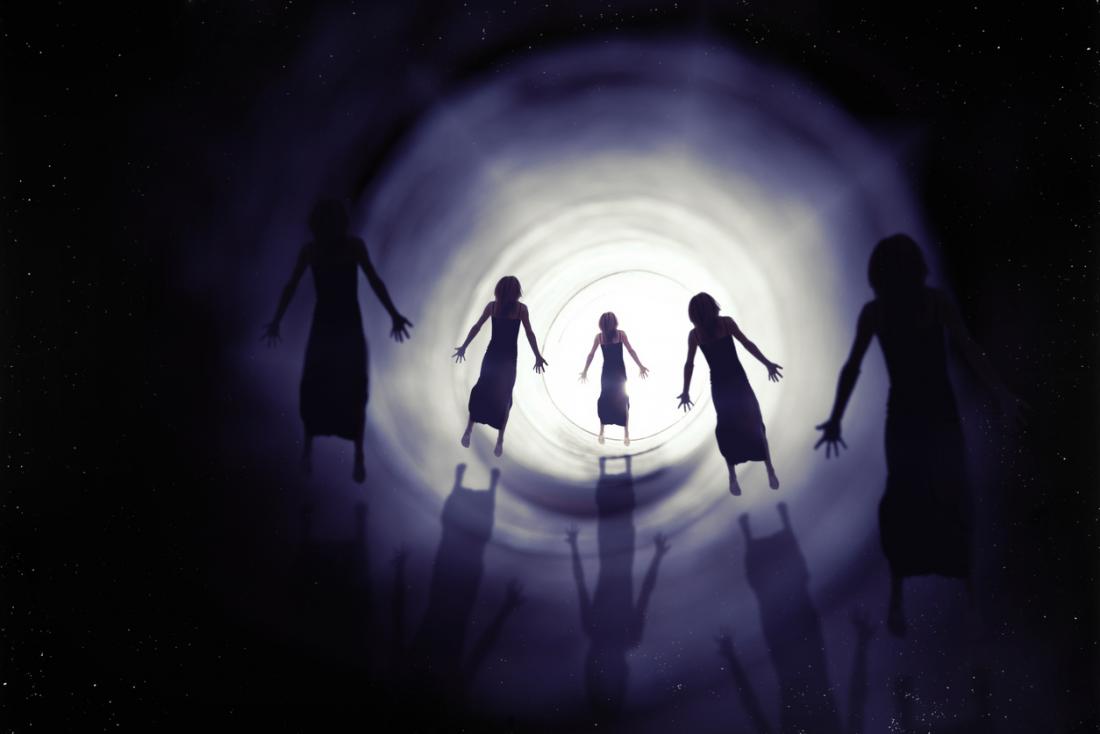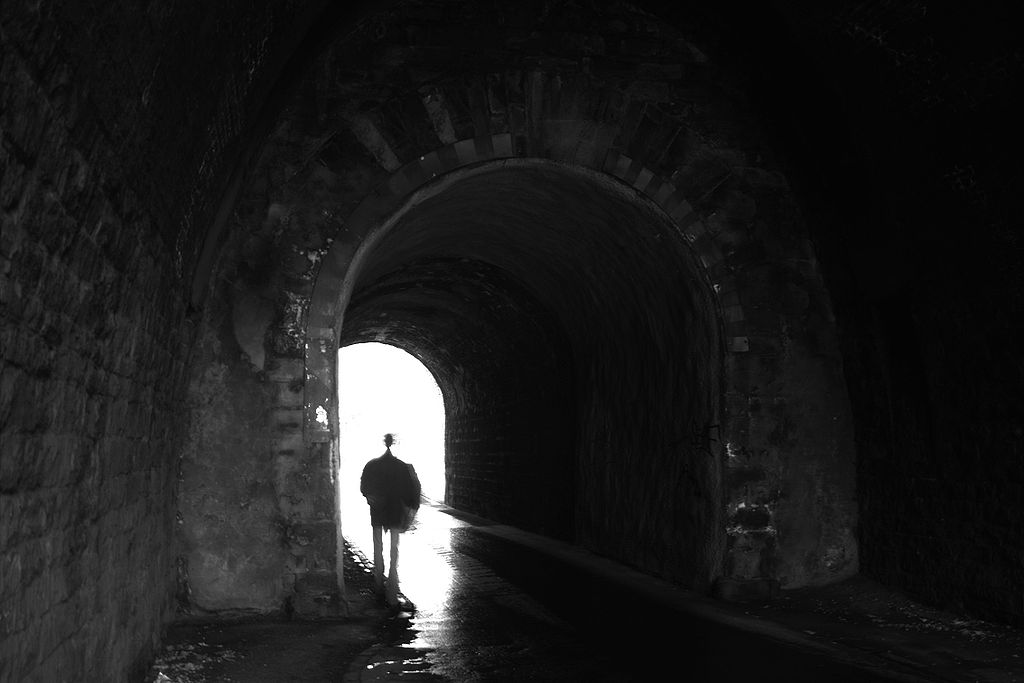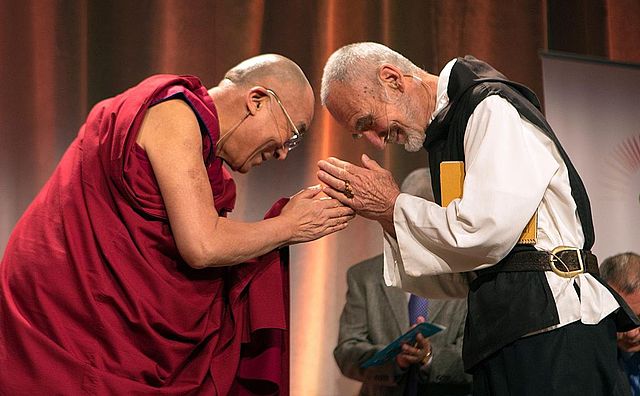Near death experiences happen to many people when they’re near clinical death and survive. They’re often profoundly meaningful or life-changing to those who have them. They’re also frequently used to argue that there is an afterlife, a spiritual realm or “something more” out there than scientific materialism posits. A recent Intelligence2 debate on the existence of the afterlife (which I recommend everyone watch) had nothing but the testimony of a neurosurgeon about his near death experience as the case for the for side.
I think near death experiences can be pretty good at convincing people that our consciousness is not fully material. One of the reasons is the features they tend to have in common (although others are quite different and some are negative/hellish, for more see here here:
- A sense of peace and being outside one’s body
- Going into a tunnel and emerging into a light
- A feeling of profound love
- Meeting dead loved ones and/or beings of light
- A life review including an often-reluctant decision to return to one’s body
The best way to deal with these would be to weigh up mind body dualism and scientific materialism as competing explanations for this effect. On the spiritual side, the NDEs could either match predictions by one of the world’s major religions or they could be the result of some other spiritual reality.

If most NDEs had people meeting Imam Ali who explains that indeed, he is the proper successor to Mohammed and gives the date that the Twelfth Imam will return, that would be some interesting evidence for the truth of Twelver Shia Islam. What we find instead is that NDEs will match a person’s preexisting cultural and religious beliefs the vast majority of the time. While this is still consistent with a religious explanation, a religion being true is not a good explanation. It does not make unique predictions that would distinguish it from the explanations.
Now, the other non-materialist explanation: while no specific religion is true, NDEs are still an experience of a real spiritual realm. The heavenly beings and deceased loved ones people meet are real. In this case, since we know that these beings communicate important information to the person about their life, we’d expect that information to be genuinely useful and not something the person kinda knows already. After all, many people radically change their life after an NDE, which includes being more compassionate and spending more time helping people. And yet, we had to wait for say 1990 for the scientific breakthrough that led to the HPV vaccine. Why didn’t a heavenly being think it important enough to tell someone earlier? There must have been lots of doctors with NDEs who could have made it happen.
Instead, the information communicated in NDEs is not new. When it’s claimed that the person learned something they couldn’t have known, the claims don’t withstand scrutiny. The person is usually told things that already exist in many new age and self help books: we’re all one with the universe, we should help each other etc. Not to mock the emotional impact (and perhaps the emotional importance) of these. But again, not learning any new information might be consistent with the spirit world idea but it’s not specifically predicted it. It’s surprising and requires extra explanation. There are studies being done on this aspect, for example placing a random number generator at the top of a surgery theatre shelf, so that a patient “floating away” would be able to read the number. If there emerge some robust quality studies that show people learning NEW information like this, it would undermine this aspect of what we know about NDEs.
Finally, we have the materialist explanation for NDEs. This includes some very well established ideas about how the brain works. Firstly, the physical brain alone is responsible for all of our cognition, sense of self and consciousness. Secondly, the brain is the object that’s constructing our reality for us; a reality which is our model of the world and can differ from the real world dramatically. (Think, of how colour isn’t a property that exists “out there” in the world.) This means that every aspect of normal consciousness — including our feeling that we inhabit our own body, that it’s separate to the universe, the reality testing that we do — this is all governed by various parts of our brain and not a spirit. The conclusion is that there are few limits to which parts of our normal cognition can be turned off given enough damage to certain modules in the brain. For more info about this part, I recommend Steve Novella’s sections during the after life debate I mentioned.

The bottom line is that the materialist viewpoint predicts NDEs with a very specific set of parameters. These would be experiences that occur when certain reality-testing and proprioception modules of the brain are compromised — and not when they’re functioning normally. These experiences would be mediated through a person’s preconceptions and culture — and not be based on imagery that’s independent of culture. They would yield general information that’s emotionally salient to the person — and would not reveal extra information in a provable way. And this is just what we find.
What we know about NDEs isn’t then a challenge that materialist science must somehow “overcome”. It should actually strengthen our confidence in the materialist account of the brain being all there is. This account predicts reality in a much more specific and explanatory way than accounts that take NDEs as real. Hopefully these experiences — which are real, genuine and powerful — can one day tell us even more about how our material-based brain and consciousness work.





0 Comments